Why the Georgian people are rebelling
Russia's invasion of Ukraine has turned Georgia's government against its own citizens.

Want to read spiked ad-free? Become a spiked supporter.
Georgia is in tumult. In the face of huge popular opposition, and even brawling among MPs, the ruling Georgian Dream coalition government has forced its Transparency of Foreign Influence Bill through parliament.
For several days, tens of thousands of people have filled the streets of the capital, Tbilisi, in protest against a law that will require all NGOs and media outlets that receive more than 20 per cent of their funding from abroad to register as ‘agents of foreign influence’. No doubt many object to the chilling effect the law will have on public debate, with dissenters potentially demonised as, well, ‘agents of foreign influence’.
In a sense, however, it’s not the bill itself that has driven so many Georgians to courageously face down their own amassed security forces. Yes, it is an illiberal piece of legislation, modelled, in part, on Russian president Vladimir Putin’s characteristically authoritarian foreign-agent law, introduced in 2012 and revised in 2022. But it’s hardly a remarkable piece of legislation. It’s worth remembering that such laws have been enacted in the West, too. Putin himself was following a trail blazed by America, which introduced its own Foreign Agents Registration Act way back in 1938 – all as part of an attempt to combat the influence of Nazi Germany in the US. Furthermore, the EU is now also planning its own law regulating ‘foreign influence’. As indeed is the UK. Laws regulating ‘foreign influence’ are all the rage, it seems, in these geopolitically fractious times.
The legislation in itself is less important than what it represents – namely, the consolidation of the Georgian government’s turn towards Moscow and away from the West. As those protesting see it, the new law is a ‘Russian law’, designed to silence dissent in Georgia under the guise of battling foreign meddling. More importantly, perhaps, the law’s very existence on the Georgian statute books drives another significant wedge into Georgia’s relations with the EU. Josep Borrell, the EU’s foreign-policy chief, has already said that the law is ‘incompatible with EU values and standards’.
Crucially, this anti-Western trajectory of the government cuts directly against the will of the Georgian people. They overwhelmingly lean towards Europe, with polling suggesting that over 80 per cent want Georgia to join the EU. This is hardly a surprise. The strength of Georgians’ pro-Western sentiments is fuelled in large part by their desire to pull away from Russia – a nation that not only invaded their country in 2008, but also still occupies some 20 per cent of it, ruling over Abkhazia and South Ossetia. The ‘Fuck Putin’ and ‘Russia is an occupier’ graffiti that confronts visitors to Tbilisi at nearly every turn speaks volumes. While we Eurosceptics would warn the Georgians against surrendering their autonomy to Brussels, it is the threat of surrendering their autonomy to Russia that is understandably their more pressing concern.
The desire to secure their nation from the influence and interference of Moscow – indeed the desire to secure Georgia’s independence – lies at the heart of Georgia’s protest movement. It is what is motivating so many Georgians to risk arrest. To face down the riot cops. To defy their own government. The thought of Moscow exercising ever more sway over their nation is almost too much for many Georgians to bear.
Which does raise the question as to why the Georgian government is now wilfully ignoring the wishes of those it represents. This wasn’t always the case. For much of its nearly 12 years in power, the Georgian Dream coalition appeared to share the sentiments of the people. Then leader and Georgian Dream’s billionaire backer, Bidzina Ivanishvili, won the 2012 elections by promising to ensure Georgia’s security and stability. After the turbulent, foolish administration of Mikheil Saakashvili had helped provoke a war with Russia in the late 2000s, Ivanishvili’s approach appealed to many voters. As prime minister, his commitment to security and stability rested on two key planks: ‘normalising’ relations with Moscow and deepening alliances with the West. This two-pronged approach, placating Moscow while going along with Brussels, was continued by Ivanishvili’s successors. Indeed, it was during the Georgian Dream’s second term in office in 2018 that the new constitution was introduced, which enshrined Georgia’s commitment to joining the EU and NATO in law.
The Georgian Dream could have been accused of many things, but being one-sidedly pro-Moscow was not one of them. There may have always been a tension between its efforts to normalise relations with Russia and seek membership of Western institutions. But, for a decade, it was able to balance these two conflicting aspirations – aided and abetted by the discord and ineptitude of Georgia’s far more anti-Russian opposition parties.
This all changed in February 2022, when Russia invaded Ukraine. That is what drove the Georgian government Russiawards. The eruption of geopolitical tensions between Russia and the West played out within Georgia, too. Finding it no longer possible to play both sides, Georgian Dream effectively played it safe, prioritising stability with Russia over solidarity with Ukraine and the West. It may have condemned Russia’s invasion at the UN, but by and large it has sought to stay onside with its much larger northern neighbour. It has refused to support Western sanctions against Moscow and has steadfastly avoided supporting Ukraine. So much so that, in January last year, Russian foreign minister Sergei Lavrov publicly praised the Georgian government for ‘resisting pressure from the West’.
The Georgian government has, in short, decided that securing itself from the Russian threat is best achieved by caving in. But as we’re now seeing, this is coming at a significant domestic cost. Not only is the vast majority of the Georgian public opposed to the government’s embrace of Moscow, nearly 90 per cent also see the war in Ukraine as a shared cause. The sight of a nation under invasion from Russia resonates all too sharply with a people who experienced a taste of something similar less than two decades ago.
Georgia right now is being pulled apart by the very geopolitical tensions that have shaped its modern existence. The state is being pulled one way, towards Moscow, while the people are being pulled the other, towards the West. The Georgian Dream may have got its foreign-influence bill through parliament. It may even survive the parliamentary elections scheduled for later this year, thanks to the absence of a credible opposition. But given the scale of the popular unrest – and the bravery of the protesters – Georgia’s future has rarely been more uncertain.
Tim Black is a spiked columnist.
Picture by: Getty.
To enquire about republishing spiked’s content, a right to reply or to request a correction, please contact the managing editor, Viv Regan.

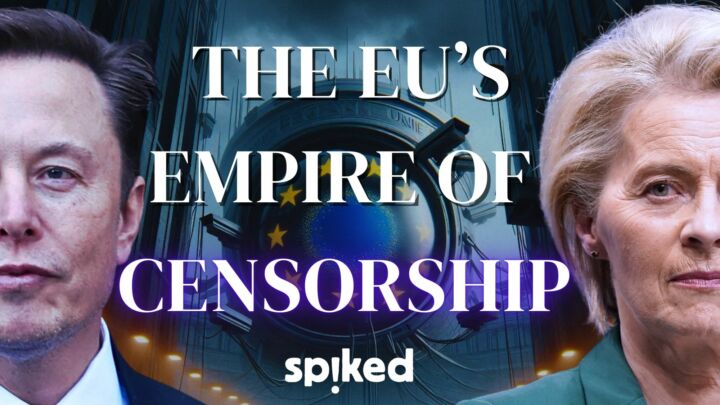
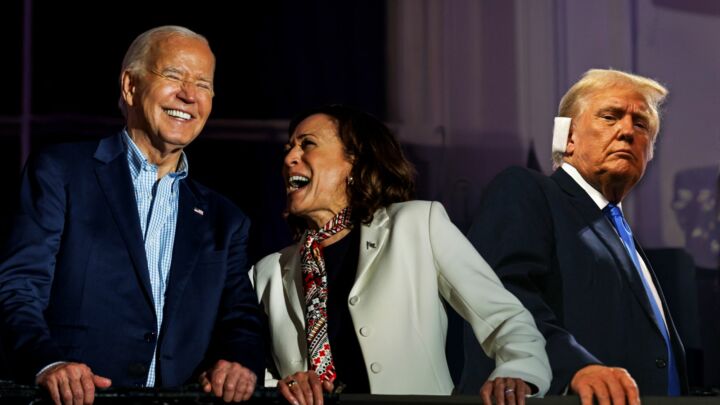

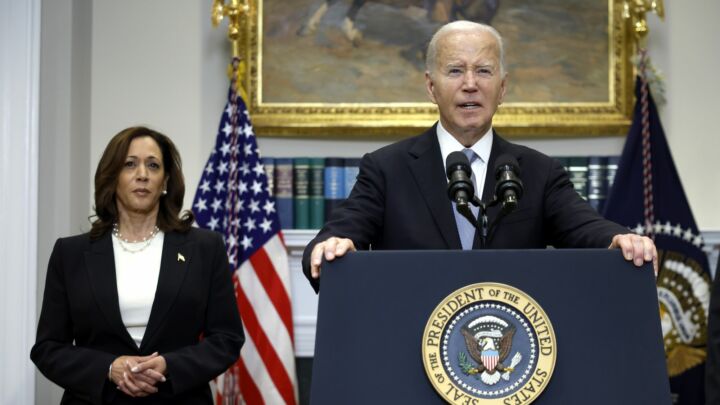
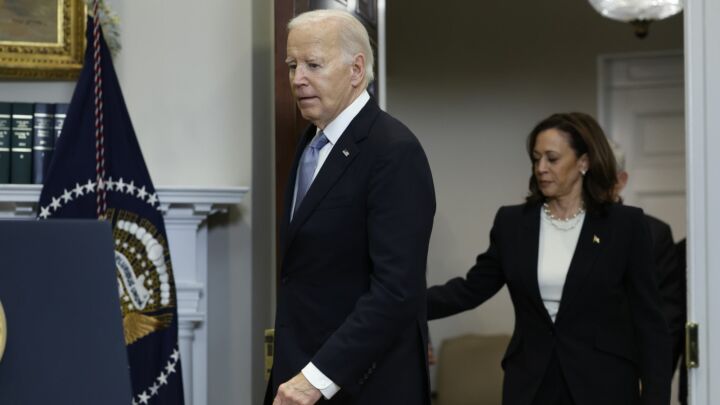

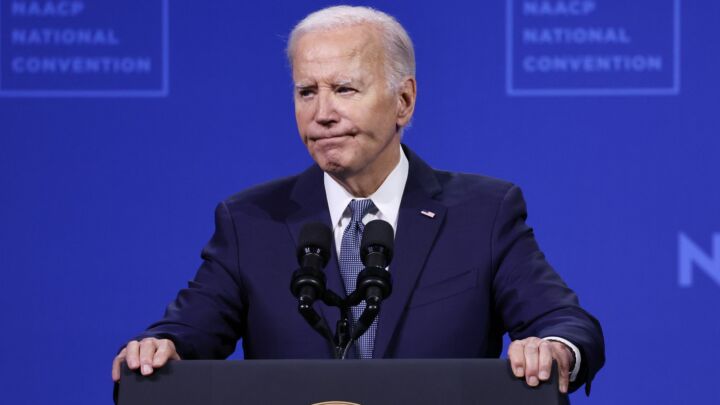


Comments
Want to join the conversation?
Only spiked supporters and patrons, who donate regularly to us, can comment on our articles.